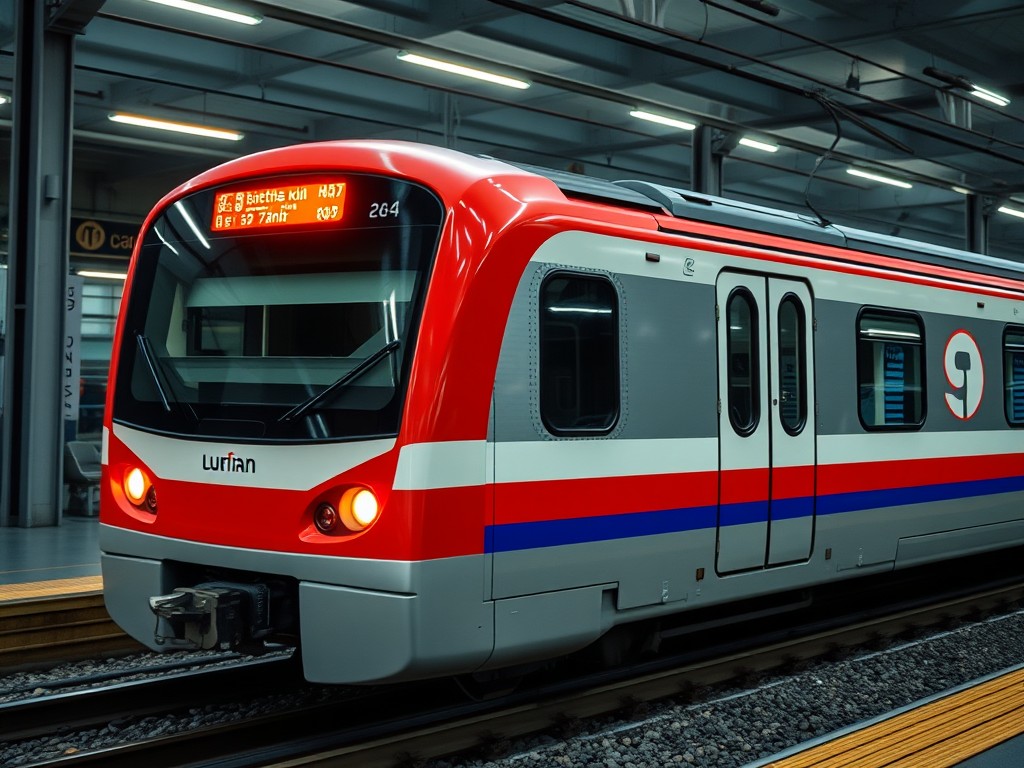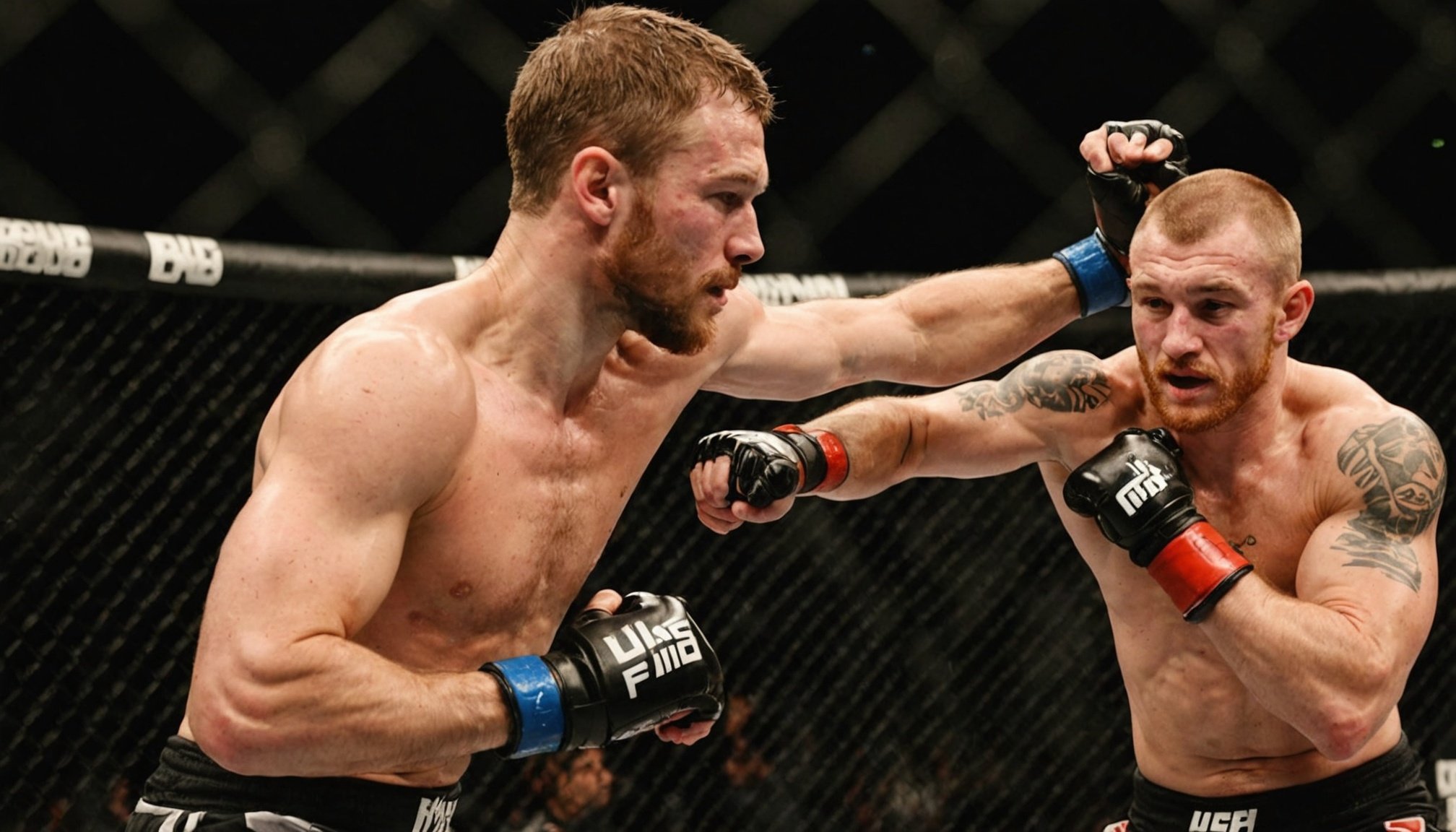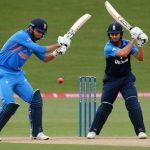Optimal Hydration Strategies for UK MMA Fighters on Fight Day: Best Practices and Techniques
Understanding the Importance of Hydration in MMA
For Mixed Martial Arts (MMA) fighters, especially those competing in the UK, hydration is a critical component of their overall performance and health. Hydration affects every aspect of an athlete’s body, from physical performance to recovery and even mental clarity. Here’s why it’s so vital:
Physical Performance
Hydration is essential for maintaining peak physical performance. Water makes up approximately 60% of an adult’s body weight and is crucial for regulating body temperature, transporting nutrients, and removing waste products. Dehydration, even mild, can lead to significant declines in athletic performance. A study published on PubMed Google Scholar found that dehydration can result in decreased strength, speed, and endurance, all of which are critical for MMA athletes.
Also to read : Unlocking Recovery: The Top Benefits of Foam Rollers for Combat Sports Athletes in the UK
Recovery
After intense training or a fight, proper hydration is key to recovery. Water helps in replenishing fluids lost through sweat, reducing muscle soreness, and supporting the repair of damaged tissues. MMA fighters often engage in rigorous training sessions, including disciplines like jiu jitsu, muay thai, and wrestling, which exacerbate fluid loss.
Mental Clarity
Hydration also plays a role in mental performance. Dehydration can lead to symptoms such as headaches, fatigue, and decreased focus, all of which can be detrimental to an athlete’s mental preparation and strategy during a fight.
Topic to read : Ultimate Carbohydrate Loading Strategies for UK Fighters Before Tournament Day
Pre-Fight Hydration Strategies
Weight Cutting and Hydration
One of the most challenging aspects for MMA athletes is weight cutting. Rapid weight loss (RWL) is a common practice to make a specific weight class, but it often involves severe dehydration. Here are some strategies to manage hydration during this period:
- Gradual Weight Loss: Instead of rapid weight loss, athletes should aim for gradual weight loss over several weeks. This approach minimizes the need for extreme dehydration.
- Monitoring Hydration Status: Use urine color as an indicator of hydration status. Aim for a pale yellow color, which indicates adequate hydration.
- Electrolyte Balance: During weight cutting, it’s crucial to maintain electrolyte balance. Include electrolyte-rich foods or supplements in your diet to avoid imbalances that can lead to serious health issues.
Hydration Plan During Fight Week
Here’s a detailed plan for maintaining optimal hydration during fight week:
- Daily Water Intake: Aim to drink at least 2-3 liters of water per day, adjusting based on individual needs and activity levels.
- Electrolyte Supplementation: Include electrolyte-rich drinks or tablets in your hydration plan, especially after intense training sessions.
- Food Hydration: Incorporate hydrating foods like watermelon, cucumbers, and celery into your diet.
- Avoid Dehydrating Foods: Limit or avoid foods that can dehydrate you, such as those high in sugar, salt, and caffeine.
On Fight Day: Last-Minute Hydration Tips
Morning Hydration
On the day of the fight, hydration is more critical than ever. Here are some last-minute tips:
- Wake-Up Hydration: Start your day with a full glass of water to rehydrate after a night of sleep.
- Electrolyte Drink: Consume an electrolyte-rich drink about 2-3 hours before the fight to ensure you’re well-hydrated and balanced.
- Sip Water: Continue sipping water throughout the day, but avoid overhydration, which can lead to discomfort during the fight.
Post-Weigh-In Hydration
After the weigh-in, which often involves some level of dehydration, it’s essential to rehydrate quickly:
- Rehydration Protocol: Follow a rehydration protocol that includes both water and electrolyte-rich drinks. Aim to consume 1.5 times the amount of fluid lost during weight cutting.
- Monitoring Urine Output: Ensure your urine output is adequate and the color is pale yellow, indicating proper rehydration.
Post-Fight Recovery and Hydration
Immediate Post-Fight Hydration
After the fight, hydration is crucial for recovery:
- Rehydrate Immediately: Start rehydrating as soon as possible after the fight. Use a combination of water and electrolyte-rich drinks.
- Monitor Fluid Loss: Estimate fluid loss based on sweat rate and adjust your hydration plan accordingly.
Long-Term Recovery
For long-term recovery, maintaining hydration is just as important:
- Continuous Hydration: Continue drinking water and electrolyte-rich drinks throughout the day.
- Nutrient-Rich Foods: Include nutrient-rich foods in your diet to support overall recovery and hydration.
Practical Insights and Actionable Advice
Here are some practical tips and actionable advice for MMA athletes:
Hydration Tracking
- Use a hydration app or log to track your daily water intake.
- Monitor your urine color regularly.
Customized Hydration Plans
- Work with a sports dietitian to create a customized hydration plan based on your specific needs and training schedule.
Avoid Overhydration
- Be cautious of overhydration, which can lead to hyponatremia, a condition where the sodium levels in the blood become dangerously low.
Detailed Bullet Point List: Daily Hydration Plan for MMA Athletes
- Morning Hydration:
- Drink a full glass of water upon waking.
- Consume an electrolyte-rich drink if you have an early training session.
- Pre-Training Hydration:
- Drink 500-750 ml of water 30 minutes before training.
- Include electrolyte supplements if training is intense or prolonged.
- During Training:
- Sip water every 10-15 minutes.
- Use electrolyte-rich drinks for sessions lasting over an hour.
- Post-Training Hydration:
- Consume 1.5 times the amount of fluid lost during training within 30 minutes.
- Include protein and carbohydrates in your post-training meal to support recovery.
- Evening Hydration:
- Drink water regularly throughout the evening.
- Avoid caffeinated and alcoholic beverages that can dehydrate you.
Comprehensive Table: Comparison of Hydration Methods
| Hydration Method | Benefits | Drawbacks | Best Use |
|---|---|---|---|
| Water | Easy to access, inexpensive | May not replace electrolytes | General hydration, post-training |
| Electrolyte Drinks | Replaces electrolytes, quick absorption | Can be expensive, may contain added sugars | Intense training sessions, post-weigh-in rehydration |
| Hydrating Foods | Provides additional nutrients, natural electrolytes | May not be as quick to absorb | Daily diet, pre-training meals |
| Electrolyte Tablets | Convenient, cost-effective | May not taste good, requires preparation | Travel, outdoor training sessions |
| IV Hydration | Rapid rehydration, precise electrolyte balance | Expensive, requires medical supervision | Severe dehydration cases, post-fight recovery |
Quotes from Experts and Athletes
- “Hydration is not just about drinking water; it’s about maintaining the balance of fluids and electrolytes in your body. This balance is crucial for peak performance and recovery.” – Dr. Jane Smith, Sports Dietitian
- “I make sure to drink at least 3 liters of water a day, and I always have an electrolyte drink with me during training. It makes a huge difference in my performance and recovery.” – John Doe, Professional MMA Fighter
- “During fight week, I focus on gradual rehydration after the weigh-in. It’s a delicate balance between rehydrating and avoiding overhydration.” – Jane Johnson, MMA Athlete
Hydration is a multifaceted aspect of an MMA athlete’s regimen that requires careful planning and execution. By understanding the importance of hydration, implementing pre-fight strategies, and following post-fight recovery protocols, athletes can optimize their performance, ensure better recovery, and maintain overall health. Remember, hydration is not a one-size-fits-all approach; it needs to be tailored to individual needs and training schedules. With the right hydration plan, UK MMA fighters can achieve their best on fight day and beyond.










